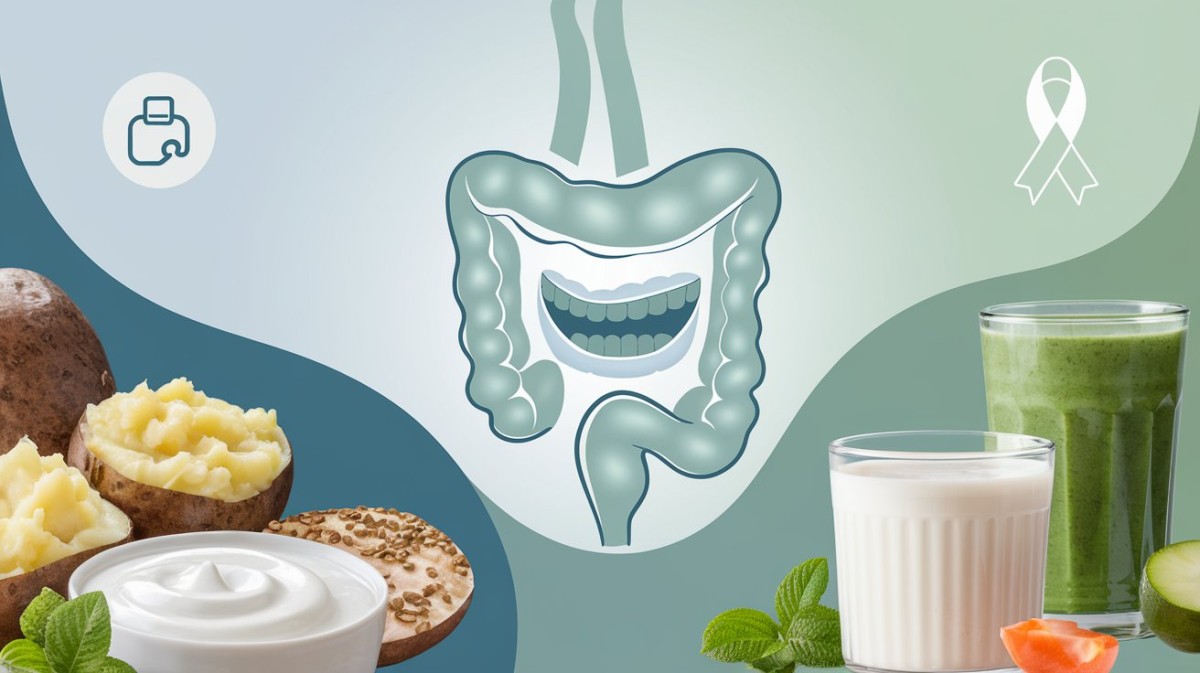Mucositis is a severe and minimally-eradicated side effect that occurs in patients receiving cancer treatment through chemo-therapy and radio-therapy. It is mostly associated with mucosal surfaces of the oral cavity and the Gastrointestinal tract causing symptoms such as mouth ulcers, oedema and dysphagia. Mucositis is an important aspect of patient care as proper management of this side effect helps support nourishment and well-being of cancer patients during therapy. Diet in particular is one of the ways that have a lot of impact in the management of mucositis.
Let’s take you through the dietary dos and don’ts that one needs to take care of for Mucositis.
Understanding Mucositis
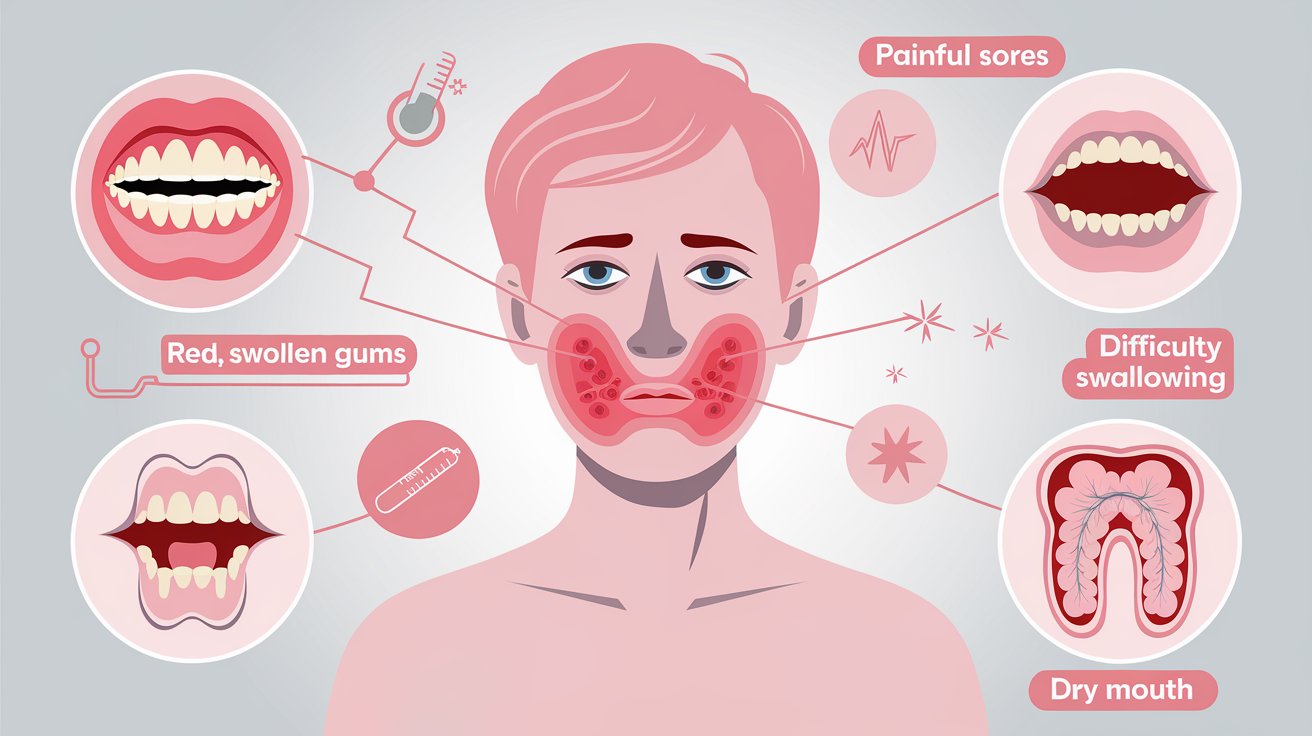
It is only possible to discuss the dietary advice necessary to prevent or deal with mucositis if we first define what it is and how it occurs. Mucositis develops when the mucosal lining cells that reproduce at a fast rate are affected by cancer treatments. This can cause ulcers and inflammation because of which eating as well as drinking becomes unpleasant to the point of being unbearable. Symptoms can include:
> Red, swollen gums
> Painful sores in the mouth.
> Difficulty swallowing
> Dry mouth
> Changes in taste
This condition can limit the patient’s capacity to feed and nourish themselves properly, which is critical if the patient is to recover. Implementing an effective diet plan early on can also assist to reduce the effects of mucositis and stimulate healing. Patients’ nutritional requirements can also vary over the course of treatment, and he or she may need to consume more protein, calories, and fluids for proper healing. Here are some general principles of diet which need to be taken into consideration.
The Importance of Diet in Managing Mucositis
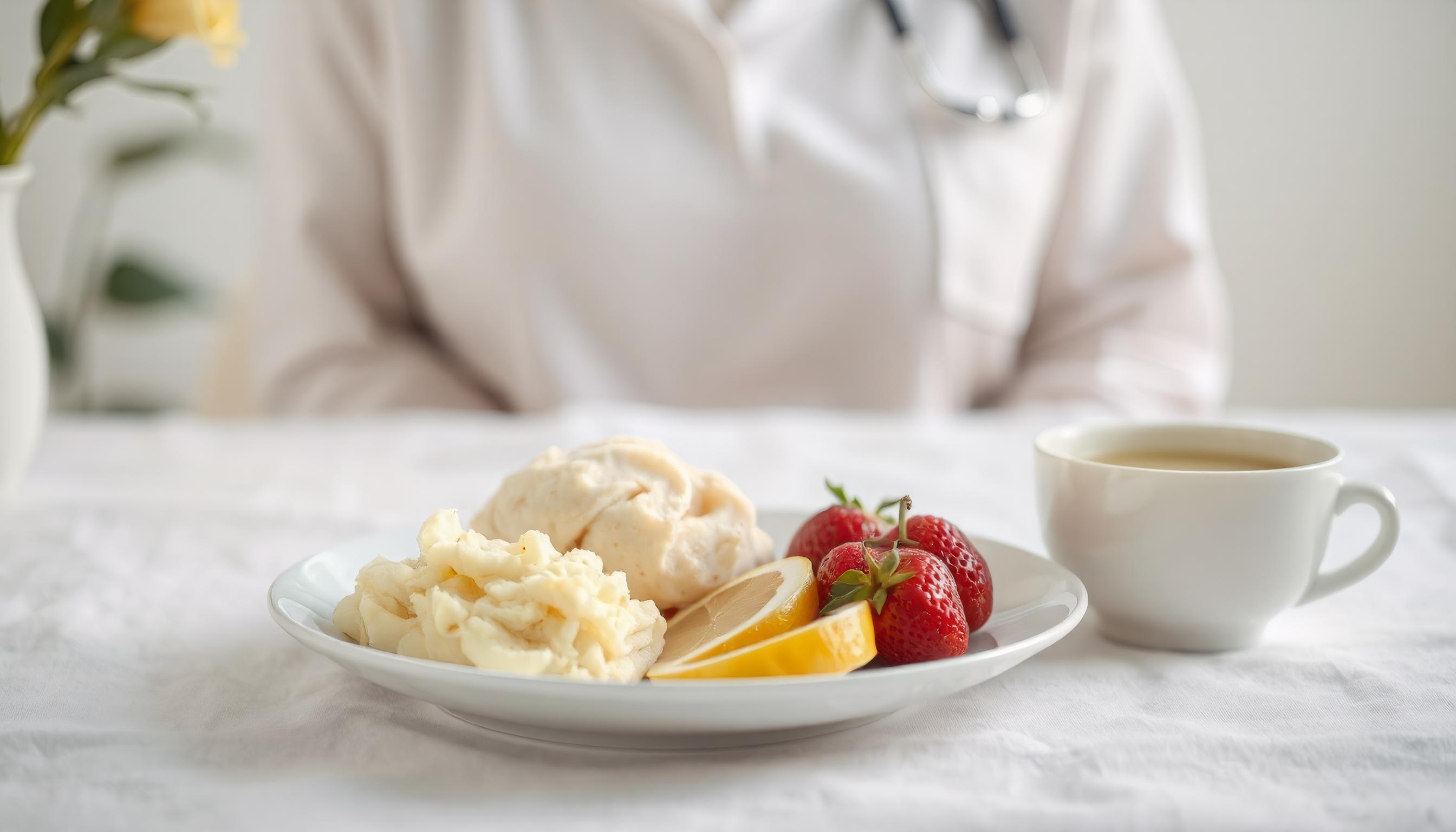
Proper nutrition planning can go a long way in relieving some of the pain that comes with mucositis, and support the healing process. Preferences about diet might shift during treatment, and patients can need more amounts of protein, calories, and water to heal. Here is the list of the general dietary guidelines to follow.
Do's in Diet for Mucositis
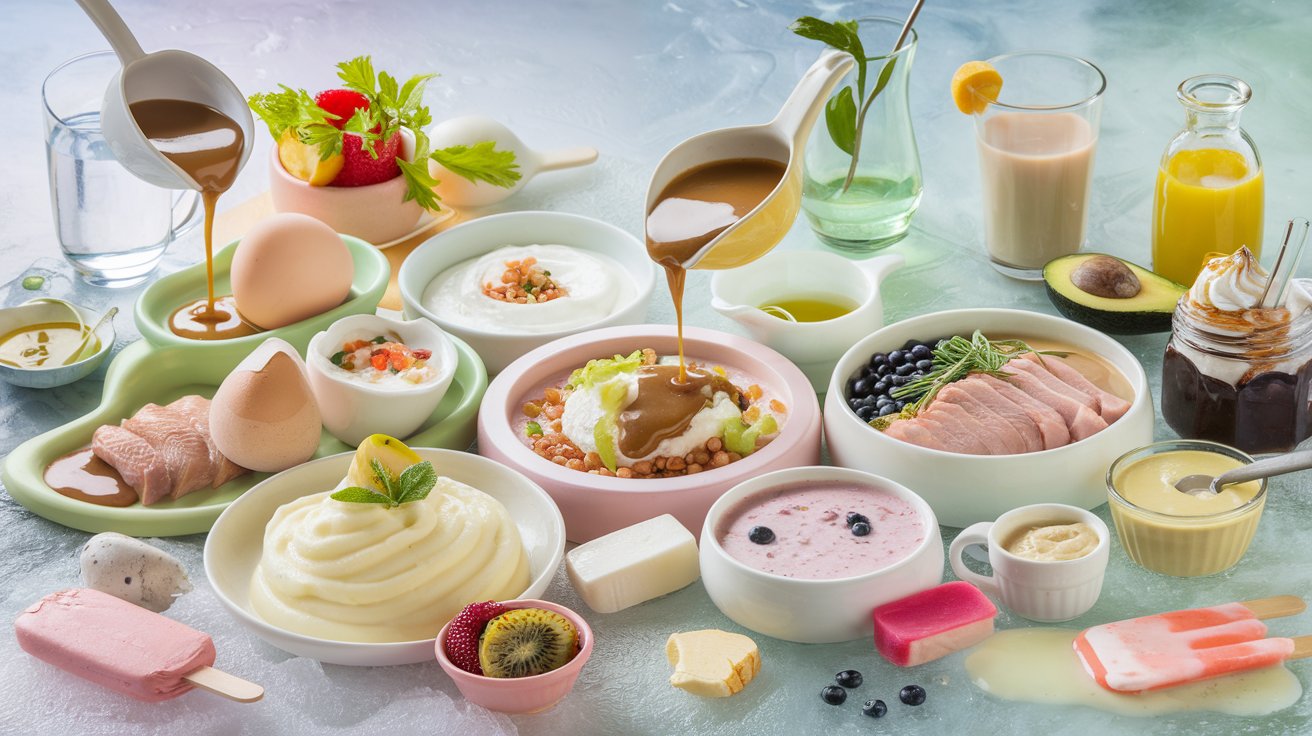
1. Choose Soft and Smooth Foods
Choose foods that can be easily taken with little need for chewing and swallowing. Soft, creamy foods can reduce inflammation. Some excellent choices include:
- Mashed potatoes sweet potatoes
- Creamy soups and stews
- Yogurt and custards
- Smoothies and milkshakes
- Pureed fruits and vegetables
2. Incorporate High-Protein Foods
Protein is essential for healing and maintaining muscle mass. Include high-protein options such as:
- Eggs
- Soft tofu
- Ground meats or fish
- Beans and lentils
- Dairy products like ricotta and cottage cheese.
3. Stay Hydrated
Maintaining adequate fluid intake is important particularly when eating becomes a problem due to mouth sores. Drink plenty of fluids, including:
- Water
- Milk or plant-based milks
- Nutrient-rich smoothies
- Cold or lukewarm herbal brewed tea
4. Use Moistening Agents
Seasoning and moistening the food promotes the ability to swallow the food. Consider:
- Introducing gravies, sauces, or broths into meals
- Introducing oils such as olive or avocado to improve texture.
- Consuming smoothies or shakes in order to gain additional calories.
5. Try Soothing Foods
It is advisable to take foods that are cold or at room temperature since they help to reduce inflammation on the infected tissues. Some options include:
-Either ice cream or frozen yogurt
- Smoothies with frozen fruits
- Popsicles from fruit juice of preferred flavor
Don'ts in Diet for Mucositis
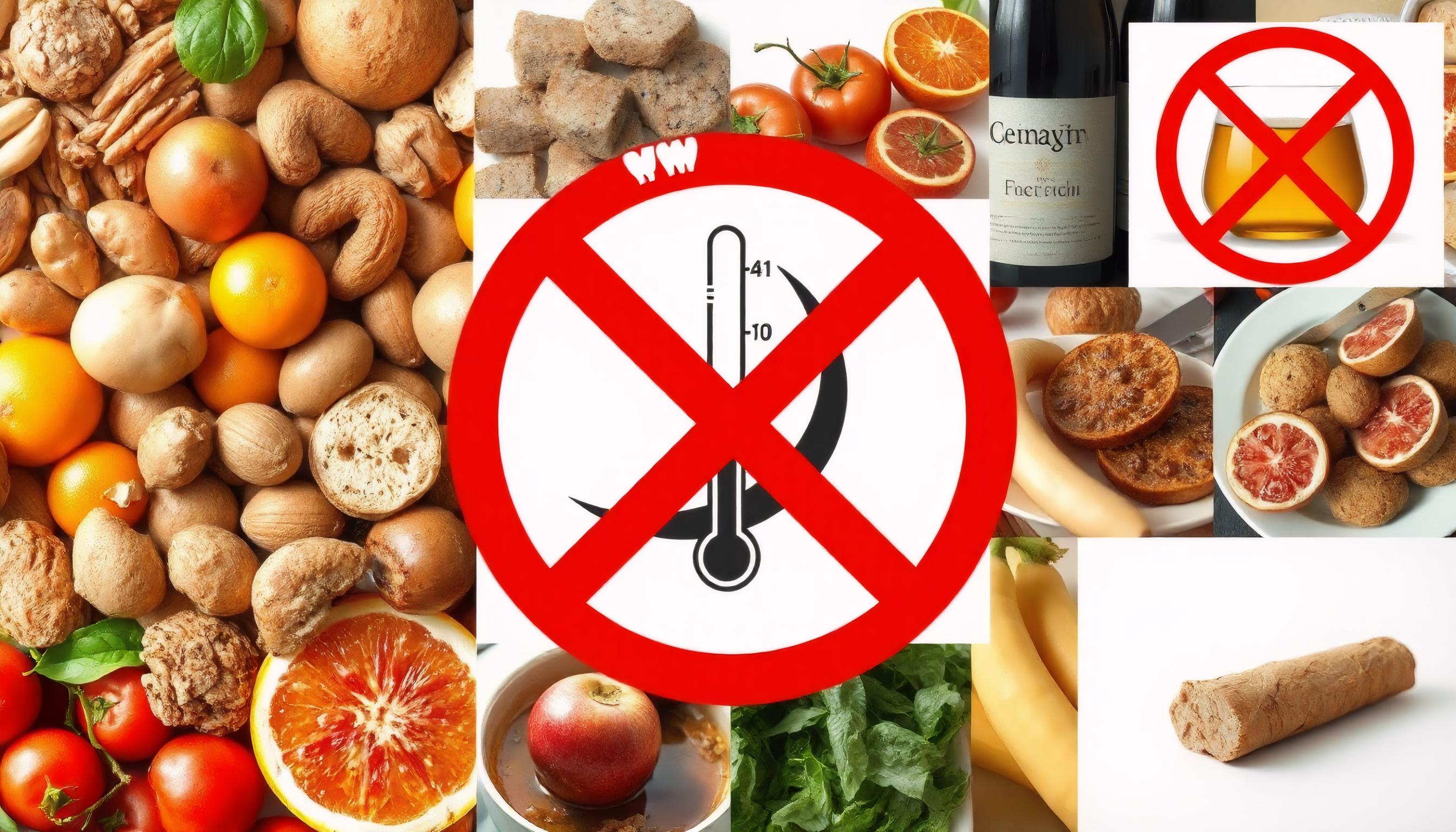
1. Avoid Hard and Crunchy Foods
Hard-textured foods should be avoided when experiencing pain and irritation as they will make the condition worse. Stay away from:
- Nuts and seeds
- Raw vegetables
- Hard breads and crackers
2. Steer Clear of Acidic Foods
Acidic foods tend to cause inflammation of the lining of the throat and can thus worsen the condition. Avoid:
- Juices and citruses (oranges, lemons, grapefruit)
- Tomatoes and tomato-based products
- Vinegar and pickled foods
3. Limit Spicy and Seasoned Foods
Such foods should not be taken since they worsen the condition and trigger more irritation as well as discomfort. It's best to avoid:
- Hot peppers and spicy sauces
- Spicy condiments such as chilli or curry
4. Refrain from Extremely Hot or Cold Foods
Pain can be caused by certain foods which are either hot or very cold. However, the best approach should be to select foods that are mildly warm. Avoid:
- Hot soups or beverages
- Ice-cold drinks or foods
5. Avoid Alcohol and Tobacco
Alcohol and tobacco should be avoided because they have a negative effect on the mouth and throat causing more discomfort. During treatment, it is advisable that these substances be avoided completely by the patient.
Additional Tips for Managing Mucositis Through Diet
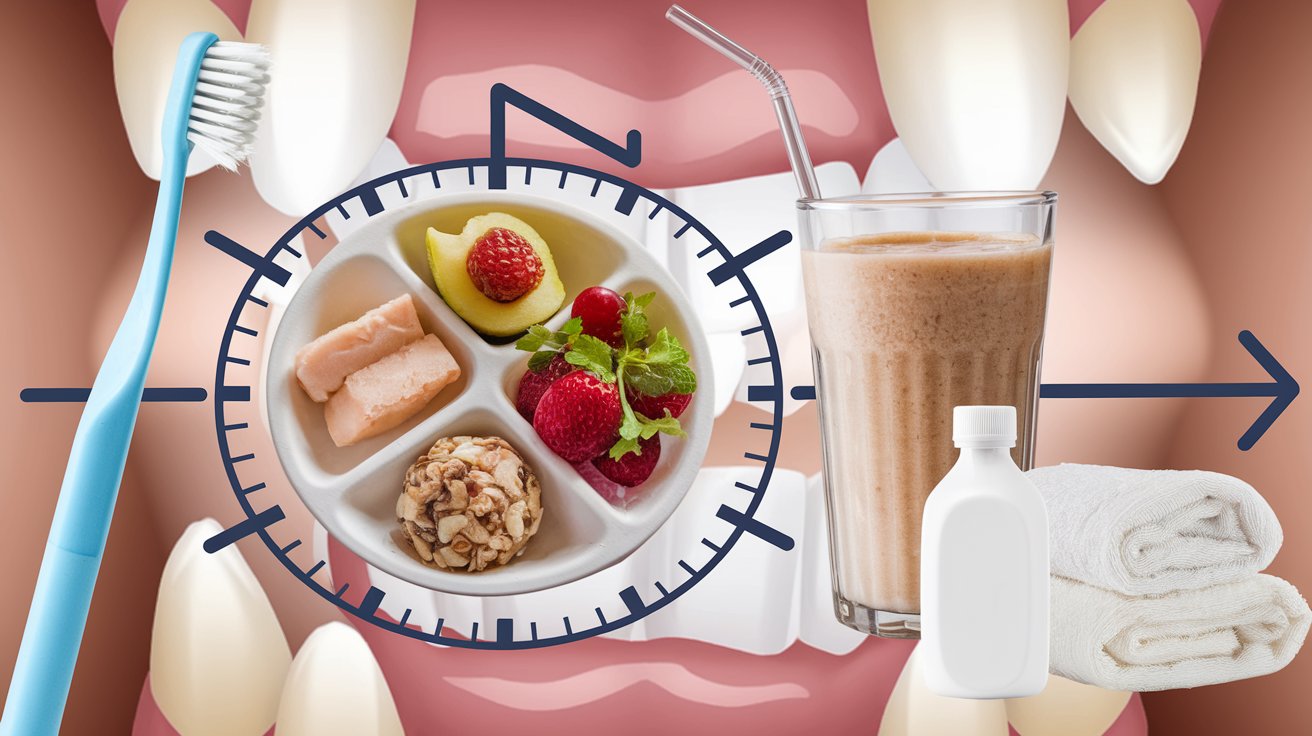
> Small, Frequent Meals: It is far better to take an average amount of glucose in smaller portions, with intervals of three to four hours between meals.
> Use a Straw: One is able to avoid sensitive areas in the mouth while drinking through a straw thereby making it easier to take liquids.
> Mouth Care: Practise good oral hygiene to avoid contracting these infections. Use a mild solution of apple cider vinegar or opt for an alcohol-free mouthwash to rinse your mouth frequently.
> Consult a Dietitian: Working with a registered dietitian who specialises in oncology can provide personalised dietary strategies and meal plans tailored to individual needs.
Read more interesting dietary tips and remedies here at Diet.
Conclusion

Dietary management of mucositis is a crucial factor in supporting cancer patients who are undergoing treatment. Thus, through gentle, sweet, and nourishing foods, patients will be able to relieve pain and lessen the suffering that they are experiencing. It is also important to avoid foods which are likely to cause irritation and also ensure that one is well hydrated. It is important to seek medical advice from specialists in matters regarding such conditions especially for directions and advice on the right course of action to be taken. Don’t forget that diet can be improved before treatment, and choosing the right foods can help one avoid the challenges of mucositis to a certain extent.

